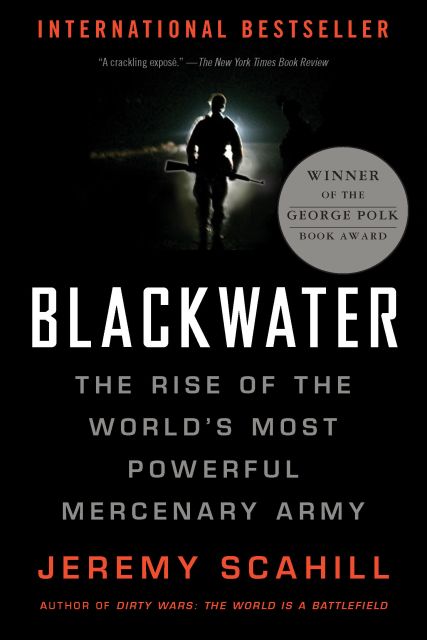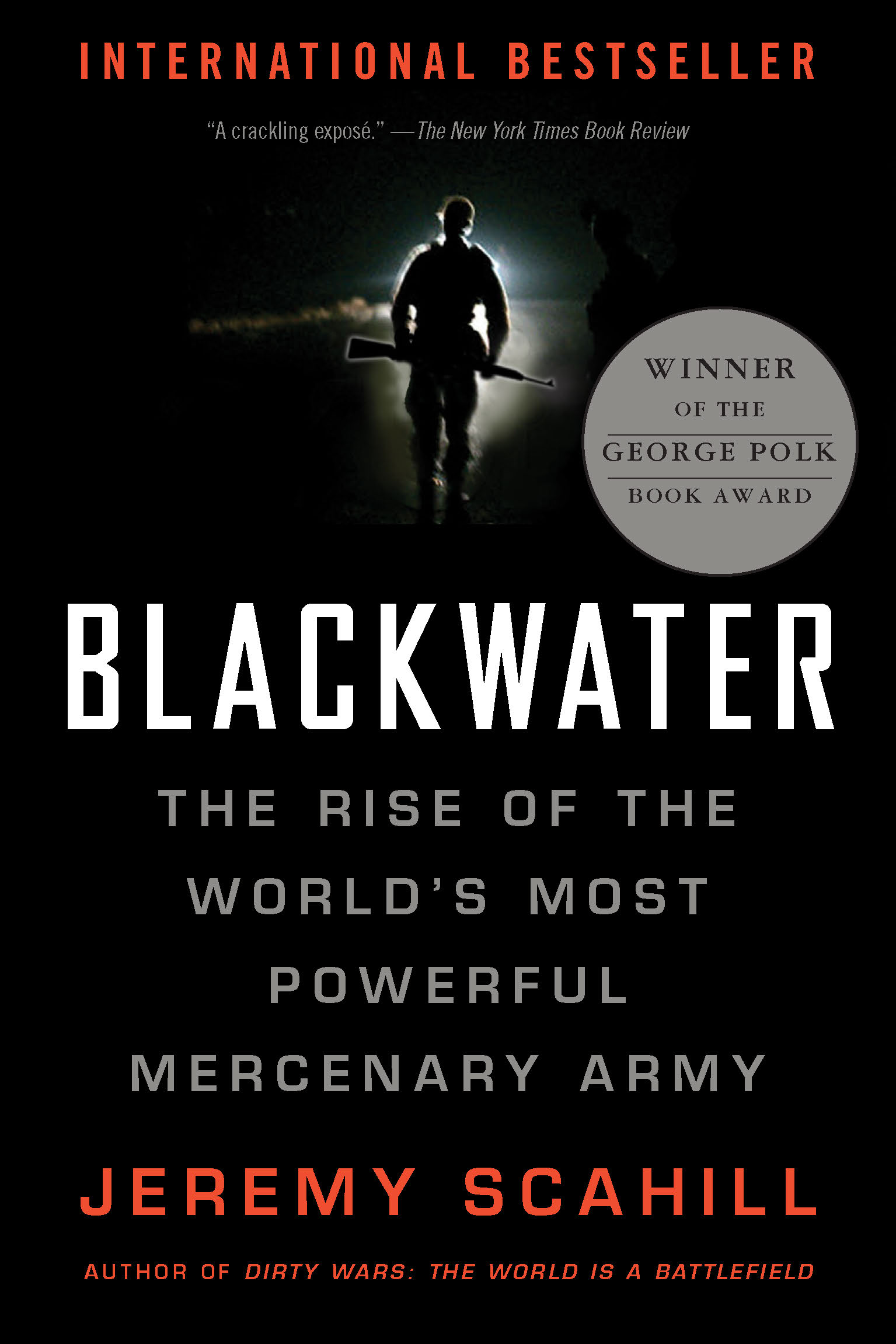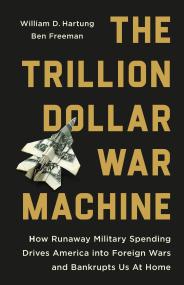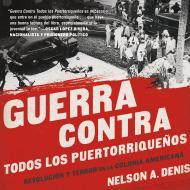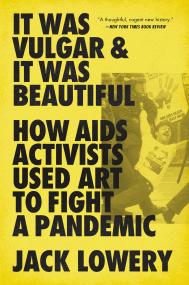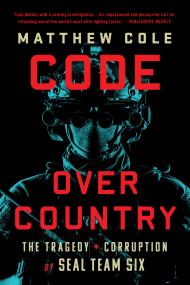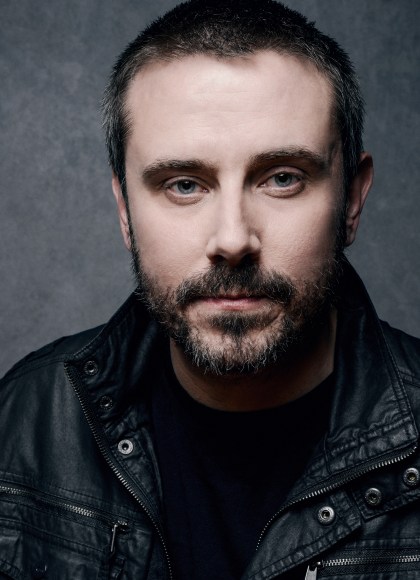By clicking “Accept,” you agree to the use of cookies and similar technologies on your device as set forth in our Cookie Policy and our Privacy Policy. Please note that certain cookies are essential for this website to function properly and do not require user consent to be deployed.
Blackwater
The Rise of the World's Most Powerful Mercenary Army
Contributors
Formats and Prices
- On Sale
- May 27, 2008
- Page Count
- 560 pages
- Publisher
- Bold Type Books
- ISBN-13
- 9781568584065
Price
$12.99Price
$15.99 CADFormat
Format:
- ebook $12.99 $15.99 CAD
- Audiobook Download (Unabridged) $31.99
- Trade Paperback $22.99 $29.99 CAD
This item is a preorder. Your payment method will be charged immediately, and the product is expected to ship on or around May 27, 2008. This date is subject to change due to shipping delays beyond our control.
Buy from Other Retailers:
On September 16, 2007, machine gun fire erupted in Baghdad's Nisour Square, leaving seventeen Iraqi civilians dead, among them women and children. The shooting spree, labeled "Baghdad's Bloody Sunday," was neither the work of Iraqi insurgents nor U.S. soldiers. The shooters were private forces, subcontractors working for the secretive mercenary company, Blackwater Worldwide, led by Erik Prince.
Award-winning journalist Jeremy Scahill takes us from the bloodied streets of Iraq to hurricane-ravaged New Orleans to the chambers of power in Washington, to reveal the frightening new face of the U.S. military machine, and what happens when you outsource war.
Genre:
-
“A crackling expose of the secretive military contractor Blackwater.”New York Times Book Review
-
“An utterly gripping and explosive story.”Naomi Klein, Guardian
-
“Meticulously researched and fascinating... Scahill does a fine job.”Sunday Times (UK)
-
“The biggest book of the year...an amazingly researched and well-told story.”Matthew Rothschild, Progressive
-
“An exhaustively well-researched expose.”Herald
-
“An explosive piece of investigative journalism.”Shortlist
-
“Andy McNab couldn’t have invented this prescient tale of the private army of mercenaries run by a Christian conservative millionaire who, in turn, bankrolls the president. A chilling expose of the ultimate military outsource.”Christopher Fowler, New Review
-
“A powerful argument against the privatisation of war... exemplary... If the job of writing about ‘the rise of the world's most powerful mercenary army’ seems mightily ambitious, it has been undertaken by just the right person... he’s the sort of writer who sets out the evidence and lets us make up our own minds.”Big Issue (UK)
-
“Scahill deserves commendation.”New Statesman (UK)
-
“Scahill’s page-turning collection of intrigue and insight into the underworld of privatized warfare is well researched, thoroughly documented, and as a result extremely frightening.”Globe and Mail (Canada)
-
“Of all the insane Bush privatization efforts, none is more frightening than the corporatizing of military combat forces. Jeremy Scahill admirably exposes a devastating example of this sinister scheme.”Michael Moore, Academy Award–winning director
-
“It should be mandatory reading. It's very interesting—and scary.”Scarlett Johansson
-
“Scahill provided me information… which I have not been able to get from the U.S. military... I have read more from Mr. Scahill, than I've got from our own government.”Representative Marcy Kaptur, Defense Appropriations Committee
-
“From Belgrade to Baghdad, from Nigeria to New Orleans, Jeremy Scahill leads a new generation of muckraking journalists. Scahill is exposing the dark, violent and secretive world of the neo-mercenaries Washington is increasingly deploying in its wars in Iraq, Afghanistan and at home in the US. His investigative skill, coupled with his graceful style make this book essential reading.”Amy Goodman, co-author of Democracy Now!
-
“Scahill is a one-man truth squad.”Bill Moyers, former White House Press Secretary
-
“This is no uninformed partisan screed... Meticulously documented and encyclopedic in scope... it’ a comprehensive and authoritative guide... this book serves as a provocative primer for advancing the debate.”Bill Sizemore, Pulitzer Prize–nominated journalist
-
“Thanks to Jeremy Scahill and other reporters of conscience and courage, ‘independent journalist’ is not an oxymoron.”Ray McGovern, activist and former CIA officer
-
“Fascinating and magnificently documented... Jeremy Scahill’s new book is a brilliant expose and belongs on the reading list of any conscientious citizen.”Scott Horton, international and military law expert
Newsletter Signup
By clicking ‘Sign Up,’ I acknowledge that I have read and agree to Hachette Book Group’s Privacy Policy and Terms of Use
